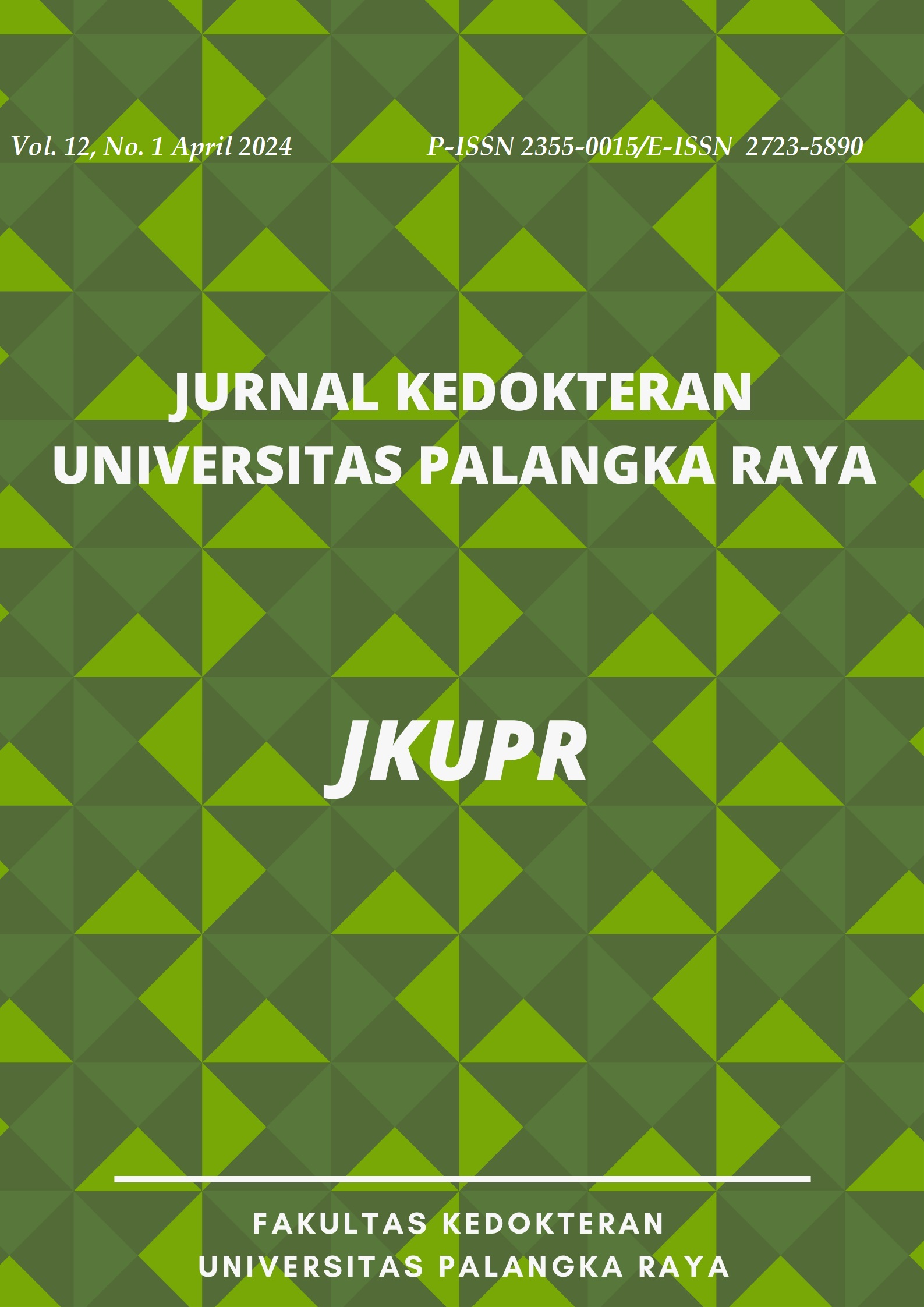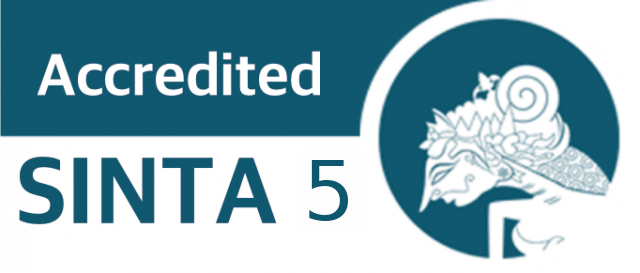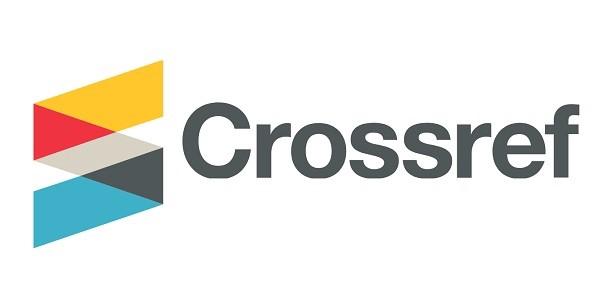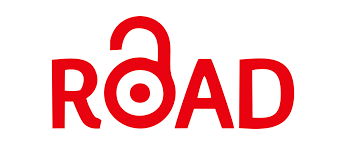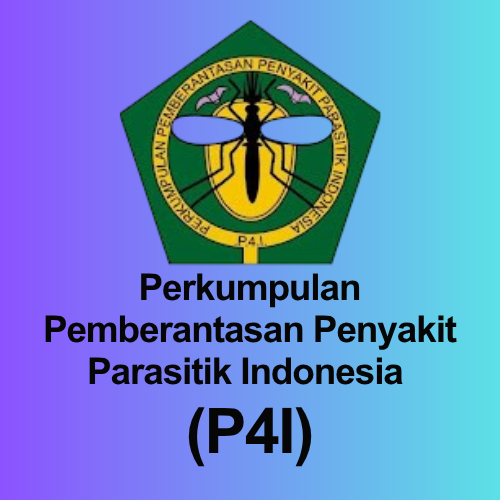Aktivitas antibakteri propolis madu putih sumbawa terhadap pertumbuhan Staphylococcus epidermidis, Staphylococcus aureus dan Escherichia coli
Keywords:
antibacterial, Escherichia coli, Staphylococus aureus, Staphylococcus epidermidis, white honey propolisAbstract
Silent pandemic is a health issue related to antimicrobial resistance. Currently, deaths due to antimicrobial resistance in the world reach 700 thousand people per year and it is predicted that by 2050 it could reach 10 million people. So exploring new alternative sources is a must. One ingredient that is often used as an infection medicine and health supplement is honey propolis. Sumbawa white honey propolis is a biological product that has not yet been widely explored for its potential as an antibacterial. The research aims to determine the phytochemical content and antibacterial potential of Sumbawa white honey propolis against Staphylococcus epidermidis, Staphylococcus aureus and Escherchia coli. This research is a true experiment research with a post-test only control group design. Propolis is extracted by maceration with propylene glycol as a solvent. The concentrations of propolis extract used are 100%, 75% and 50%. Chloramphenicol positive control and 10% DMSO negative control. The antibacterial test was detected in five replications on Mueller Hinton Agar media using the disk diffusion method by measuring the diameter of the inhibition zone. Data were analyzed statistically using the OneWay Anova test. Sumbawa white honey propolis contains flavonoids, tannins and triterpenoids. The results showed that propolis was unable to inhibit gram-negative E. coli bacteria with an inhibition zone diameter of 0 mm. Different results in gram positives, Sumbawa white honey propolis was able to inhibit the growth of S. epidermidis and S. aureus. The results showed that propolis was unable to inhibit gram-negative E. coli bacteria with an inhibition zone diameter of 0 mm. Different results in gram positives, Sumbawa white honey propolis was able to inhibit the growth of S. epidermidis and S. aureus. However, Sumbawa white honey propolis against both gram-positive bacteria was in the weak category compared to the positive control. This is because all the Sumbawa white honey propolis concentration series have an inhibitory zone diameter of ≤ 5 mm.
Downloads
References
Kemenkes RI. Pedoman Penggunaan Antibiotik. Pedoman Pengguna Antibiot. 2021;1–97.
Wagh VD. Propolis: A wonder bees product and its pharmacological potentials. Adv Pharmacol Sci. 2013. (1) doi: 10.1155/2013/308249.
Barlak Y, Deǧer O, Çolak M, Karatayli SC, Bozdayi AM, Yücesan F. Effect of Turkish propolis extracts on proteome of prostate cancer cell line. Proteome Sci. 2011; 9:1–11. doi: 10.1186/1477-5956-9-74.
Hanifa F, Purwaningrum R, Ladyani Mustofa F, Patologi Klinik D, Pertamina Bintang Amin Artikel info R. The Effectiveness of Pure Honey and Propolis on Pollutant Bacteria in Milk Causing Foodborne Disease in Packaged Milk Products. J Ilm Kesehat Sandi Husada [Internet]. 2020;11(1):47–52. doi: 10.35816/jiskh.v11i1.217.
A.E. Zainal Hasan , I Made Artika PAKL. Propolis Sebagai Alternatif Bahan Antikaries Gigi. Chem Prog. 2011;4(1):45–53. doi: 10.35799/cp.4.1.2011.26504.
Wilujeng R. Uji Aktivitas Antibakteri Ekstrak Etanol Propolis Terhadap Escherichia Coli Secara In Vitro Uji Aktivitas Antibakteri Ekstrak Etanol Propolis Terhadap Escherichia coli. Skripsi Fak Pertanian, Univ Jember. 2010.
Manguntungi B, Mustopa AZ, Meilina L, Nurfatwa M, Vanggy LR, Irawan S, et al. The profile analysis of lactic acid bacteria (Lab) from sumbawa white honey and its potential producing antibacterial compounds. Walailak J Sci Technol. 2021;18(15):1–12. doi:10.48048/wjst.2021.22204.
Oroian M, Dranca F, Ursachi F. Comparative evaluation of maceration, microwave and ultrasonic-assisted extraction of phenolic compounds from propolis. J Food Sci Technol 2020;57(1):70–8. doi: 10.1007/s13197-019-04031-x.
Yuliawan VN, Aziz A, Kustiawan PM. Uji Fitokimia Fraksi Etil Asetat Dari Propolis Lebah Kelulut Heterotrigona Itama Asal Kutai Kartanegara. Lumbung Farm J Ilmu Kefarmasian. 2021;2(2):131. doi:10.31764/lf.v2i2.5496.
Rismawati SN, Ismiyati. Pengaruh Variasi pH Terhadap Kadar Flavonoid Pada Ekstraksi. J Konversi. 2017;6(2):89–94. doi: 10.24853/konversi.6.2.89-94
Rodiahwati W, Ariskanopitasari, K Saleh I. Identifikasi Senyawa Bioflavonoid Pada Propolis Hasil Ekstraksi Dari Sarang Lebah Madu Hutan Sumbawa (Apis Dorsata). J TAMBORA. 2019;3(2):8–12 doi: 10.36761/jt.v3i2.239.
BPOM. Propilen Glikol. 2016;1–130. Available from: http://ik.pom.go.id/v2016/katalog/Propilen Glikol.pdf
Zahra NN, Muliasari H, Andayani Y, Sudarma IM. Karakteristik Fisikokimia Ekstrak Madu Dan Propolis Trigona Sp. Asal Lombok Utara. J Agrotek Ummat. 2021;8(1):7. doi: 10.31764/jau.v8i1.3826.
Halim E, Sutandyo N, Sulaeman A, Artika M, Agung AD, Masyarakat DG, et al. Kajian Bioaktif dan Zat Gizi Propolis Indonesia dan Brasil. J Gizi dan Pangan. 2012;7(1):1–6. doi:10.25182/jgp.2012.7.1.1-7.
Hernández Zarate MS, Abraham Juárez M del R, Cerón García A, Ozuna López C, Gutiérrez Chávez AJ, Segoviano Garfias J de JN, et al. Flavonoids, phenolic content, and antioxidant activity of propolis from various areas of Guanajuato, Mexico. Food Sci Technol. 2018;38(2):210–5 doi:10.1590/fst.29916.
Yusika DA, Islam I, Sahlan M. Analisis Kadar Polifenol Total dan Flavonoid Total Propolis Asal Tanah Laut dan Soppeng. 2023;1(1):7–12 https://jurnal.uts.ac.id/index.php/biomaras/article/view/3059.
Cyndia A. Uji Aktivitas Antiacne Fraksi Etil Asetat Propolis Dari Lebah Trigona (Apis Trigona) Terhadap Staphylococcus epidermidis Antiacne Activity Test Of Ethyl Acetate Fraction Of Propolis From Trigona Bee (Apis Trigona) Against Staphylococcus epidermidis. [Skripsi] Universitas Hasanudin; 2022.
Yusuf Bangun Azhari, Djamal A. Asterina. Perbedaan Daya Hambat Bakteri dari Propolis Cair Yang ada di Pasaran Terhadap Escherichia coli dan Staphylococcus aureus Seca In Vitro. Jurnal Kesehatan Andalas. 2015 doi:10.25077/jka.v4i3.373.
Apriliana E, Tjiptaningrum A, Julianingrum R. Perbandingan Efektivitas Ekstrak Propolis Dalam Menghambat Pertumbuhan Pertumbuhan Bakteri Gram Positif (Staphylococcus aureus) dan Gram Negatif (Escherichia coli) Secara In Vitro. J Kedokt Univ Lampung [Internet]. 2019;3(1):129–34. doi: 10.23960/jkunila31129-134.
Prestianti, I., Baharuddin, M., Sappewali, S. Uji Aktivitas Antibakteri Ekstra Sarang Lebah Hutan (Apis dorsata) terhadap Pertumbuhan Staphylococcus aureus, Eschericha coli dan Pseudomonas aeruginosa. 2018. 14(1): 79. :10.20961/alchemy.14.1.13028.179-194.
Wojtyczka RD., Kepa M., Idzik D., Kubina R., Kabala, D.A., Dziedzic A., Wasik TJ. In Vitro Antimikrobial Acitivity Of Ethanolic Extract Of Polish Propolis Againts Biofilm Forming Staphylococcus Epidermidis Strains. 2013. doi: 10.1155/2013/590703.
Pryzybylek, I., Dan Karpinski, T. M. Antibacterial Properties Of Propolis. Molecules. 2019: 24(11), 2047. doi:10.3390/ molecules24112047.
Downloads
Published
How to Cite
Issue
Section
License
Copyright (c) 2024 Jurnal Kedokteran Universitas Palangka Raya

This work is licensed under a Creative Commons Attribution-NonCommercial-ShareAlike 4.0 International License.

